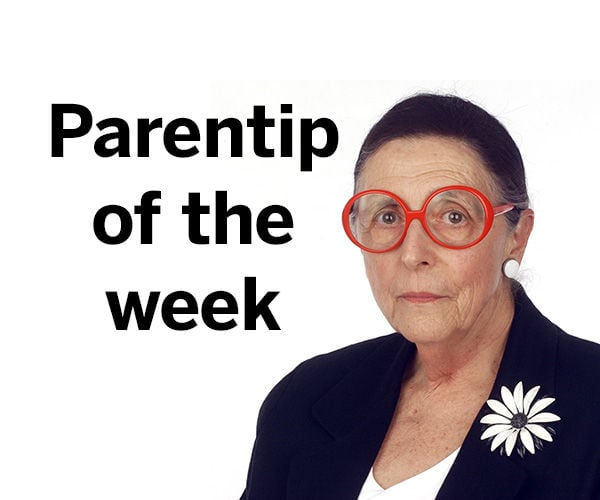Smartphones have totally changed grandparent/grandchild communications. Three-year-old Joshua has memorized the icons and can both “read” my telephone contact number and press the right icon to call me. All by himself. (I can remember laboriously printing a letter to my grandmother who lived on the other side of the country. I had to be reminded of my letter when her return note with a dollar bill tucked inside arrived, bringing my first payment for literary work.)
Let me share a recent phone conversation. Joshua: “Hello, Grandma, the squirrel died!”
Grandma: “Oh, dear! That’s too bad”
Prompt from Daddy: “Tell Grandma how the squirrel died.”
“The car squooshed the squirrel!”
Dad: “Why did this happen?”
“The squirrel ran into the road without looking!”
Dad: “How do we cross the road safely, Joshua?”
“We look both ways before crossing!”
Grandma: “That’s right!”
This little intergenerational communication illustrates two important parenting strategies. First of all, any moment — even the least expected or definitely un-rosy moment, can be a “teachable” moment. Parents have to be prepared to use such an event to teach anything from safety to morality lessons.
Morality at age 3? You better believe it! What better time to teach the Golden Rule than when your child witnesses one child deliberately hurt another? Quickly point out, “How would you feel if you got pushed down?” Add, “What should the boy who shoved the other boy say?”
The second important parenting strategy point is that you don’t avoid, gloss over, or shield a young child from a moment like the death of a squirrel. This can help the young child start to learn about the “hard issues” like death.
Think of it this way. A small child can’t yet chew crusty hard bread, so you feed him soft bread. A young child cannot understand abstract concepts like life or death. (Many of us grownups still struggle with such weighty issues.) Because it takes many years to understand the finality of death, “feed” your child little bites so he or she can start the process.
The death of a pet or coming across the body of a wild creature like a squirrel or bird is often the child’s first exposure to death. This exposure will likely happen to every preschooler, so parents should be prepared to tell the child what has happened and to answer any and all questions.
A child between about 2 and 4 can be told that death means the person or animal has stopped breathing. “Death means their body isn’t working any more and there is nothing we can do.”
Let’s look at another possible example. If a pet dies or is euthanized you can explain that the dog’s body was worn out because she was so old and add, “Now she is dead and won’t come back” To the query, “Where did she go?” I told my young children that dead pets go to doggie or kitty heaven and the event was always memorialized. Little pets, and some other small creatures like dead baby birds, were buried in the back yard with the entire family participating in a solemn funeral.
Generally when a pet, even a beloved one, dies, preschool children merely want to know what happened and they will get over it, although they continue to mention it (“It’s sad Lady had to die” or “I miss my doggie”). But the death may bring up other questions like. “Will you die, Mommy?”
“Everybody dies but not until I am old so I will be here to take care of you.” “Will I die?” “Yes, but not until you are very old.”
Let your child’s questions or comments guide you but the rule is truth with compassion and with an understanding of the child’s developmental stage.
Always share your own grief: “I am so sad that Lady died, I really miss her.” Cry with your child to model how grownups deal with grief. Then suggest your child draw a picture or pick flowers for the grave or do some other task that empowers the child in these sad situations.





